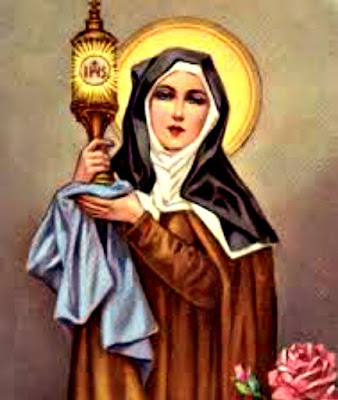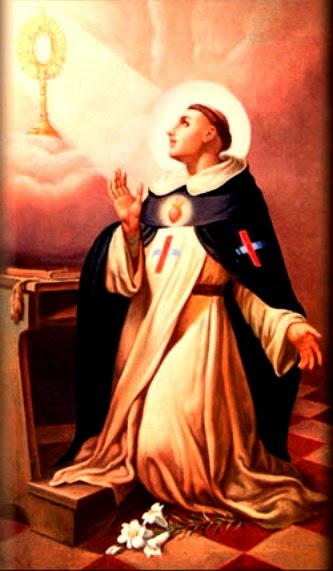St. Anthony of the Desert
St. Anthony of the Desert (c. 251–356), a religious hermit and monk, is known as the founder of monasticism. His rule of order was one of the first to create guidelines for monastic living. He became a monk at age 20 and withdrew into total solitude on a desert mountain near the Nile River. Saint Anthony’s only food was bread and water, which he never tasted before sunset, and sometimes only once in two, three, or four days. He wore sackcloth and sheepskin, and he often knelt in prayer from sunset to sunrise. Here, in the desert, he overcame extreme temptations of the devil, and emerged about 20 years later from total seclusion to instruct nearby hermits in the ways of monasticism. He demonstrated the power of Christ to touch lives by healing the sick, providing spiritual guidance, casting out demons, and preaching. Many were attracted to monasticism by his example.
Athanasius's Life of St. Anthony perpetuated his story and inspired waves of monks who civilized and evangelized Europe and the Near East.
With the end of Christian persecution in 313, Anthony established a monastery between the Nile and the Red Sea. This same monastery exists today.
Here are a few of his famous sayings to monks. "Let it be your supreme and common purpose not to grow weary in the work you have begun, and in time of trial and affliction not to lose courage and say: Oh, how long already have we been mortifying ourselves! Rather, we should daily begin anew and constantly increase our fervor. For man's whole life is short when measured against the time to come, so short, in fact, that it is as nothing in comparison with eternity. . . . Therefore, my children, let us persevere in our acts of asceticism. And that we may not become weary and disheartened, it is good to meditate on the words of the apostle: 'I die daily.' If we live with the picture of death always before our eyes, we will not sin. The apostle's words tell us that we should so awaken in the morning as though we would not live to evening, and so fall asleep as if there were to be no awakening. For our life is by nature uncertain and is daily meted out to us by Providence. If we are convinced of this and live each day as the apostle suggests, then we will not fall into sin; no desire will enslave us, no anger move us, no treasure bind us to earth; we will await death with unfettered hearts."
Patron: Amputees; animals; basket makers; basket weavers; brushmakers; butchers; cemetery workers; domestic animals; eczema; epilepsy; epileptics; ergotism (Saint Anthony's fire); erysipelas; gravediggers; hermits; hogs; monks; pigs; relief from pestilence; skin diseases; skin rashes; swine; swineherds.
Symbols: Bell; pig; t-shaped staff; tau cross with a bell on the end; man with a pig at his side.





Comments
Post a Comment
Comments are moderated and are published at the blogger's discretion.